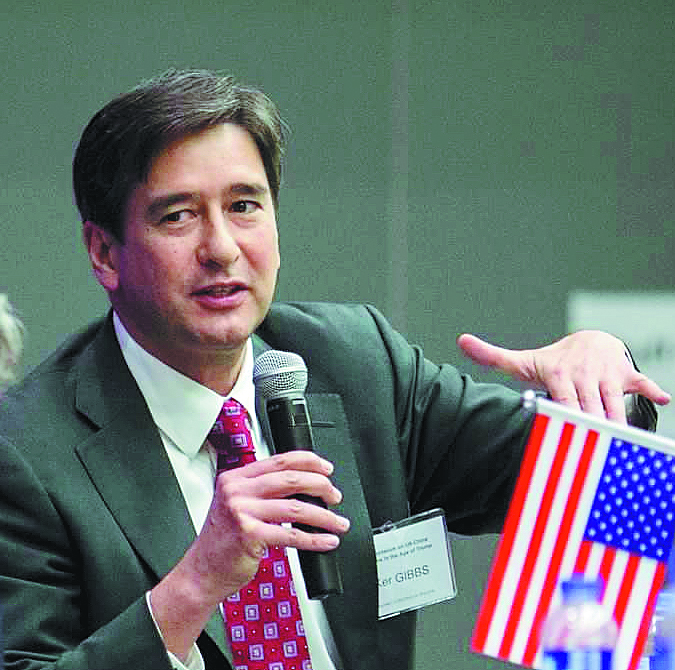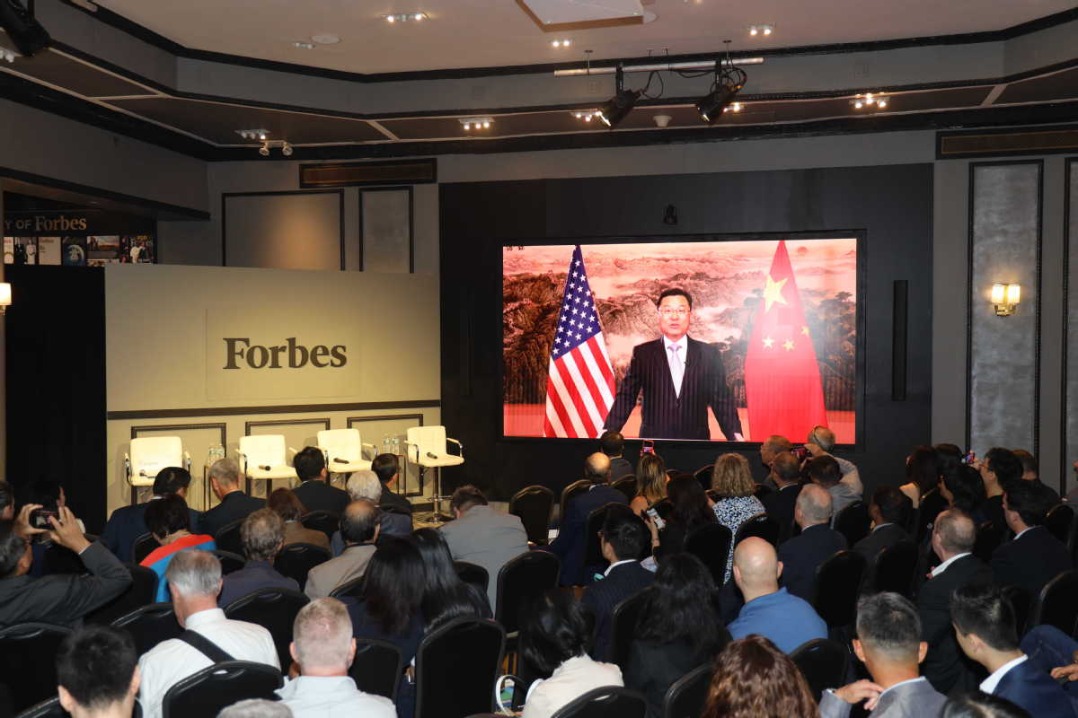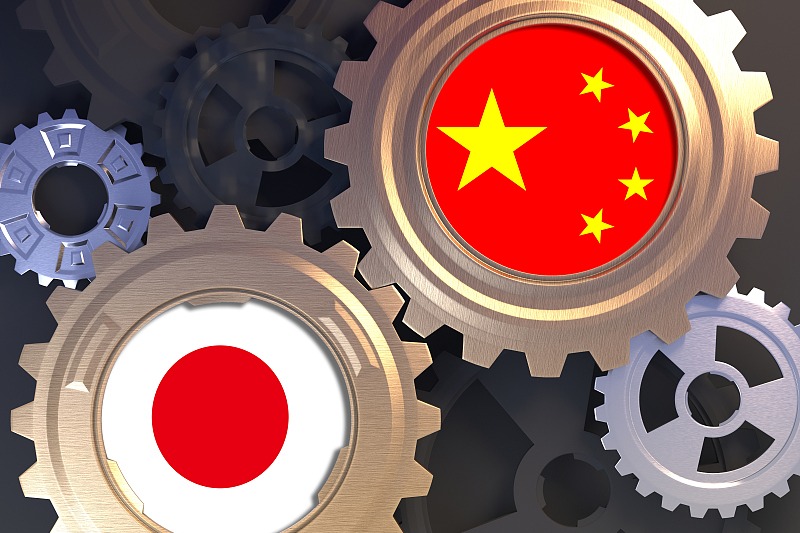Continued US-China cooperation urged
Business veteran calls for countries to get back to a more friendly atmosphere


Editor's note: As the People's Republic of China celebrates the 75th anniversary of its founding this year, China Daily asked prominent international figures to reflect on their relationship with the country and to talk of the direction in which they see it going.
A veteran of US-China business relations and an advocate for engagement, Ker Gibbs offers a unique perspective on the dramatic changes China has undergone over the past two decades, such as the "golden age" of cooperation and the current complexities of navigating the Chinese market.
Gibbs' early years in China, during the late 1980s and early 1990s, coincided with the country's reform and opening-up to the world. He described this period as a "magical time" characterized by optimism and a shared vision of China's integration into the global economy.
"The atmosphere was filled with optimism and energy. Foreigners working in China saw the obvious potential if our two systems could somehow become compatible. Our Chinese counterparts were eager to learn and open to adopting new methods and management techniques," Gibbs told China Daily in a recent interview.
Gibbs, then working for the Boston Consulting Group in Shanghai and San Francisco, said they shared with their local teams in China the expertise in modern business practices, such as inventory management, quality control and worker safety.
Looking back, Gibbs called this period "a golden age for US-China relations", in contrast to the current environment.
Acknowledging that China was "a rugged place" in those days, Gibbs said, "Living conditions were difficult and my work environment was nothing like it would have been in San Francisco or Boston, but China was fun and exciting. Every day was different, better than the last, and the optimism was infectious."
Since then, he split his time between Asia and Silicon Valley, serving in executive positions with Apple, Disney, and high-growth internet businesses. He moved to Shanghai in 2002, where his career in high tech led him to banking and then to direct investments. He had served as president of the American Chamber of Commerce in Shanghai since 2019 before returning to the United States in 2022.
He is now an executive in residence with the China Business Studies Initiative at the University of San Francisco, and a member of the National Committee on US-China Relations.
Gibbs' firsthand experience in China is captured in his recently published book Selling to China, and upcoming work on the early days when US and Chinese people were just starting to learn from each other.
"That was a golden age of cooperation, although profits were thin in those early days. The growth years would come later, after China joined the World Trade Organization," he said, referring to the book he is currently working on.
A co-author and editor of Selling to China, Gibbs said the book aims to refocus the conversation on the opportunities and successes that emerged from US-China commercial ties and promote continued business cooperation.
"The conversation about the US and China had shifted in a bad direction. The media only described the conflicts and disagreements, and people were losing sight of the incredible benefits that have been enjoyed by both sides as a result of our commercial relationship," he explained.

































